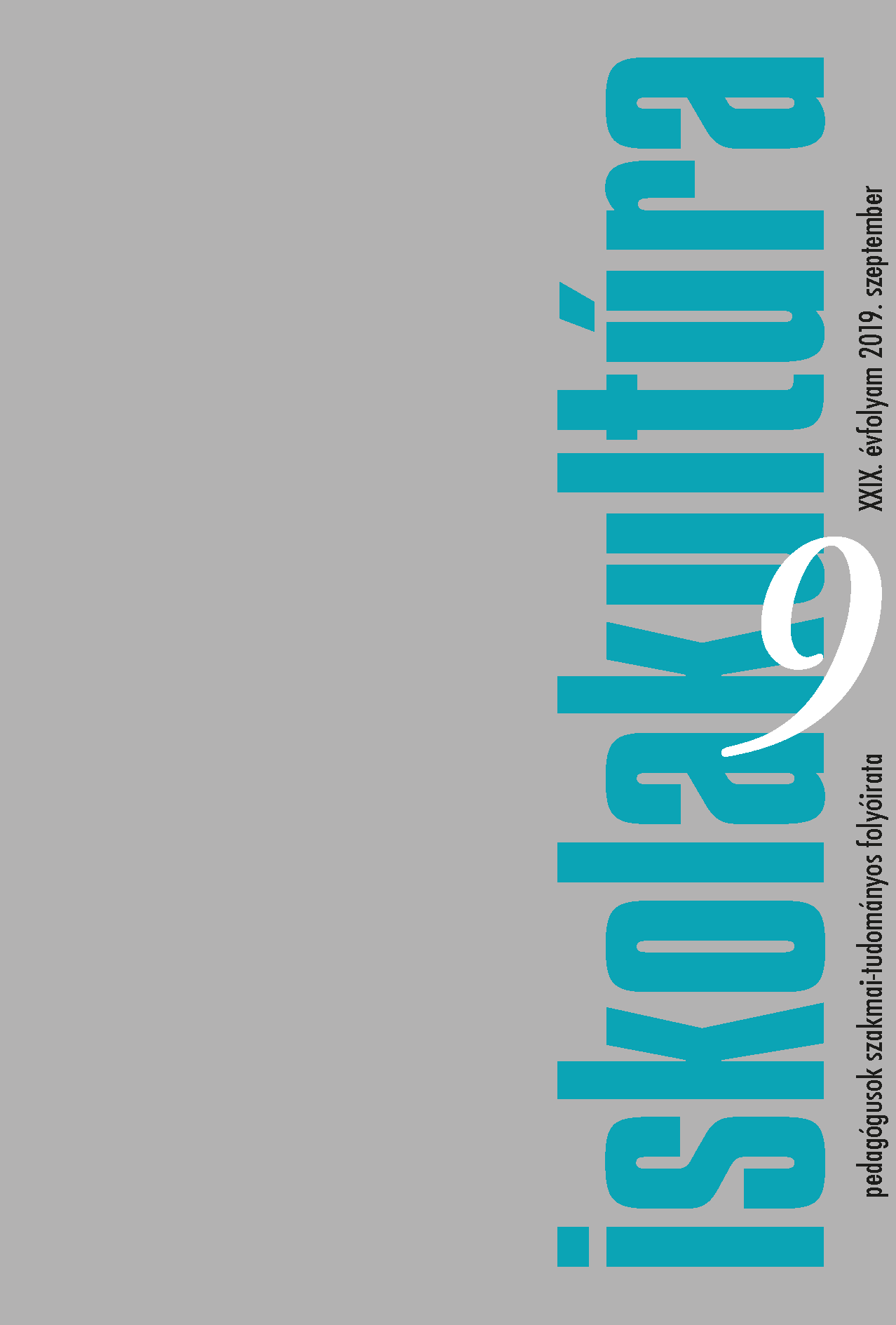The role of the regional ecosytem and universities in the innovation process
Main Article Content
Abstract
Nowadays, the ’smart’ character of a region depends on how it can exploit its human, structural and social capital and integrate the various types of actors in its innovation practice. In this process, it is crucially important to exploit the regional strengths and capacities in relation to the European programme for research and innovation strategies supporting specialisation, in which it is a priority for universities to cooperate. Circular economy knowledge means the new generation concepts of sustainable development. It is an important tool involving that national and European financing authorities re-assess the results of the already completed projects so that these can be reused in new regional and national contexts. This way, the results (e. g. ideas, recommendations, methods) of research programmes and completed projects can be rediscovered, re-assessed and applied in current programmes and projects. Such practices may enhance the role of entrepreneurial universities and governments in the making of European future. A further efficient tool is the concept of Aalto Camp for Societal Innovation (hereinafter: ACSI), developed by Aalto University and the New Club of Paris in 2010-2014, a global platform of social innovation which unites global networks for the innovational development of system-level changes in society and for meeting the needs arising from real social challenges for the sake of research, learning and quick prototype-making. ACSI clarifies the essence of the Knowledge Triangle model and makes it possible to apply its mode of operation in the cooperation projects between the different faculties and units within universities.

